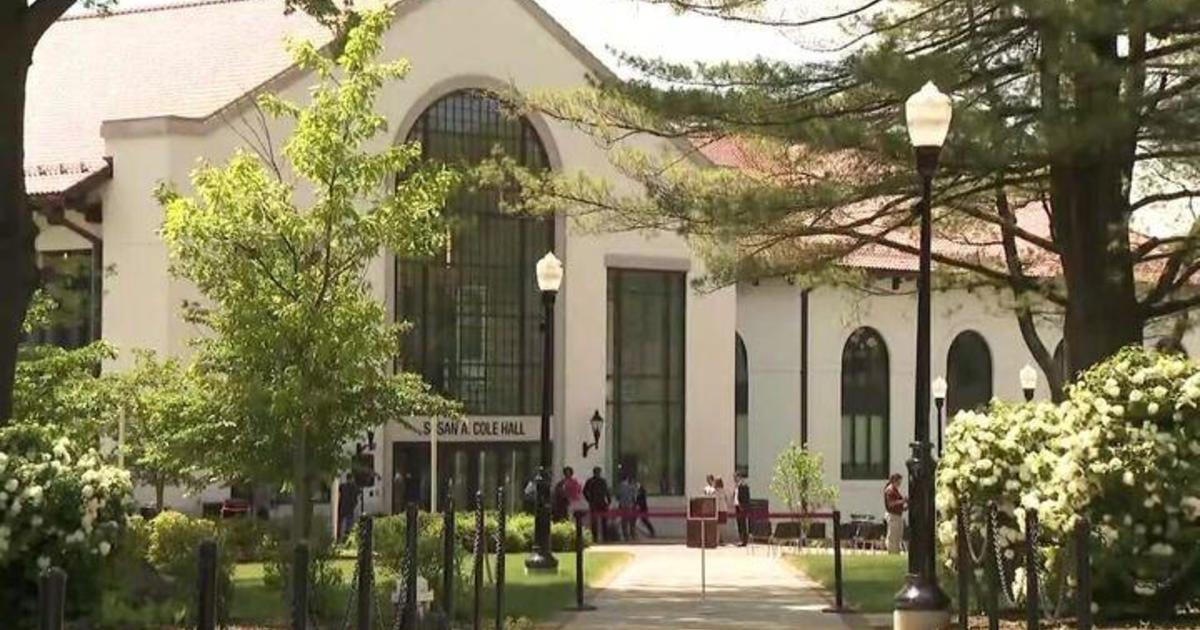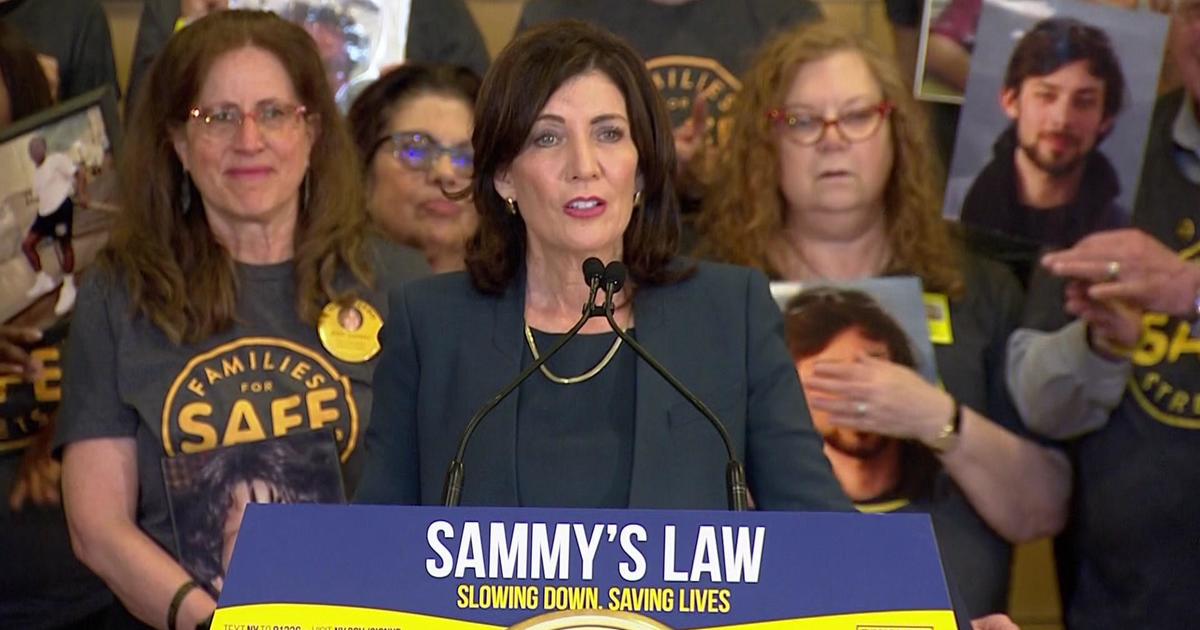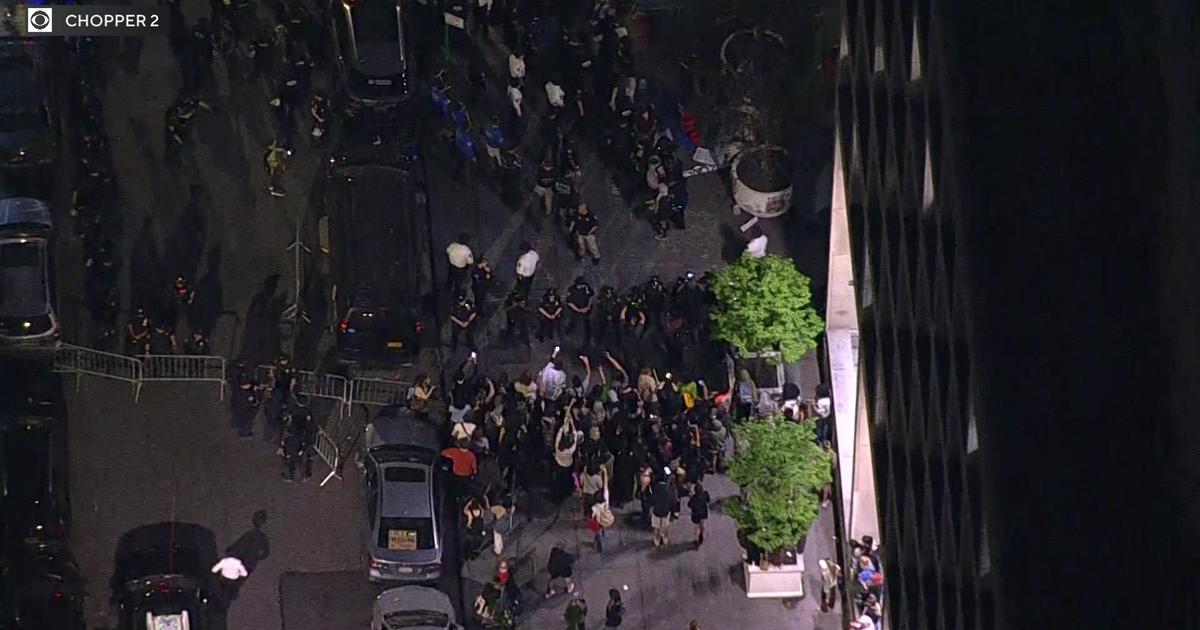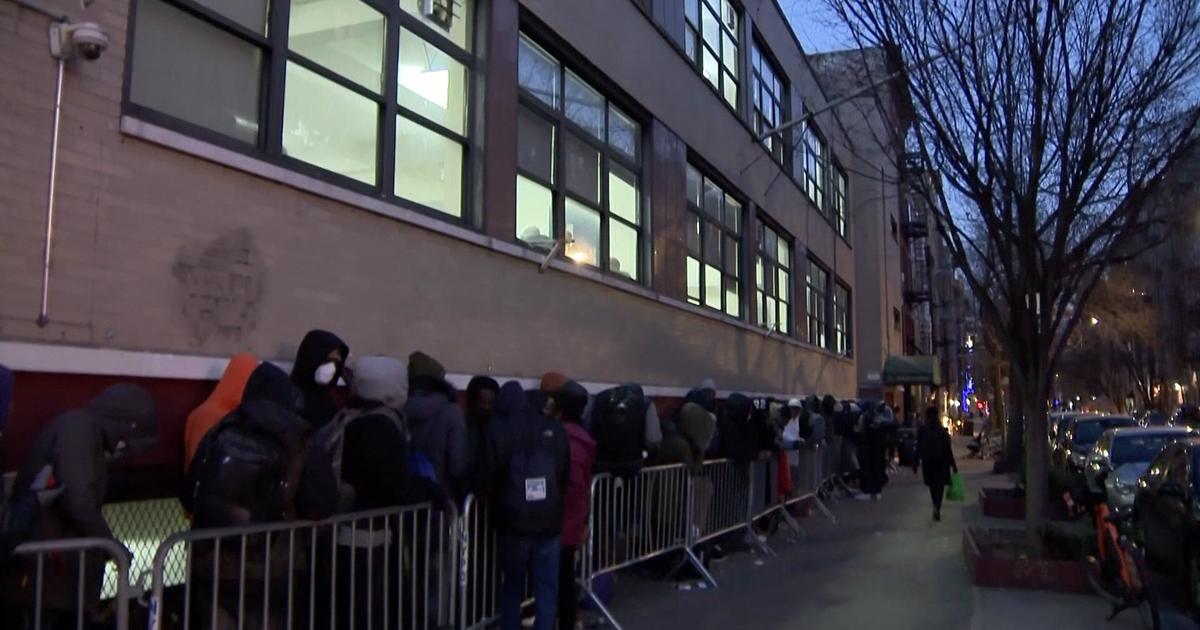Legalized Marijuana In New Jersey To Bring Unprecedented Reinvestment Into Communities Disproportionately Impacted By Prohibition, Advocates Say
NEW JERSEY (CBSNewYork) -- New Jersey's move to legalize marijuana isn't just a revenue maker. It will also help communities disproportionately impacted by its prohibition.
Advocates say the legislation brings an unprecedented level of community reinvestment, CBS2's Lisa Rozner reported.
Nafeesah Goldsmith recounted police raiding her home in Neptune, New Jersey when she was a child. Cops said they found more than an ounce of pot and arrested her mom.
"I am still, right now, 12 years old taking to you, seeing those guns and hearing those voices," Goldsmith said to Rozner.
Goldsmith's struggling mom worked at a laundromat and sometimes sold on the side to pay bills.
"And my mother now still has a CDS charge on her record," Goldsmith said. "There are many families and many people like my mother who have had to wear this badge of shame."
A badge that blocked job opportunities, housing applications and even child custody. But not anymore.
On Feb. 22, Gov. Phil Murphy legalized marijuana and created a pathway to vacate sentences for low-level distribution and possession offenses.
The state is developing an online expungement system and will waive application fees. There are also remedies for those currently facing certain marijuana charges.
"Historically, the marijuana laws have been enforced so disproportionately against people of color," said Joseph Krakora, a public defender in New Jersey.
That's why the state will also reinvest most of the cannabis sales tax revenue into community programs in impact zones. They are densely populated municipalities that have had the most marijuana possession arrests, high crime and unemployment rates.
It could open opportunities for more women, minorities and veterans to operate marijuana dispensaries.
Under the newly established Cannabis Regulatory Commission, 15% of new business licenses must go to minorities, women and veterans. Priority will be given to businesses in impact zones and those who employ people from impact zones.
"As far as minority representation, I think we make up less than 3% ownership," said Leo Bridgewater, national director for Veterans Outreach, Minorities for Medical Marijuana.
Some say 15% is not enough and that more support will be needed. The CEO of Secaucus-based Harmony Dispensary agrees.
"Supply, special treatment pricing, payment terms, and the list goes on and on about services that we can offer," said Shaya Brodchandel.
"My people are owed a seat at the table," Goldsmith said.
The conversation is only getting started.



